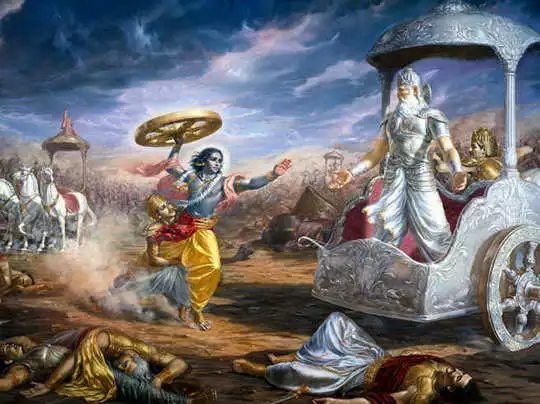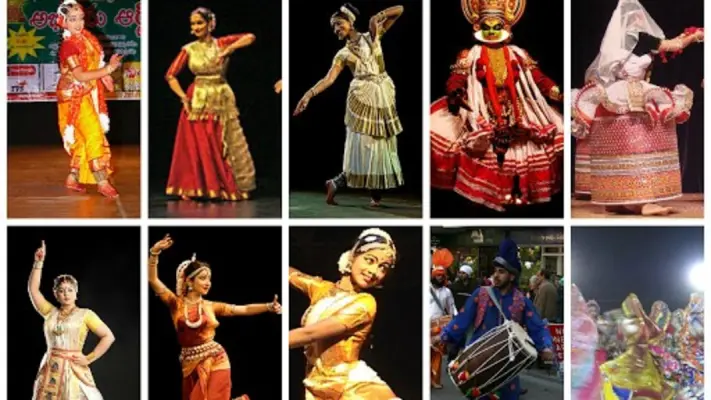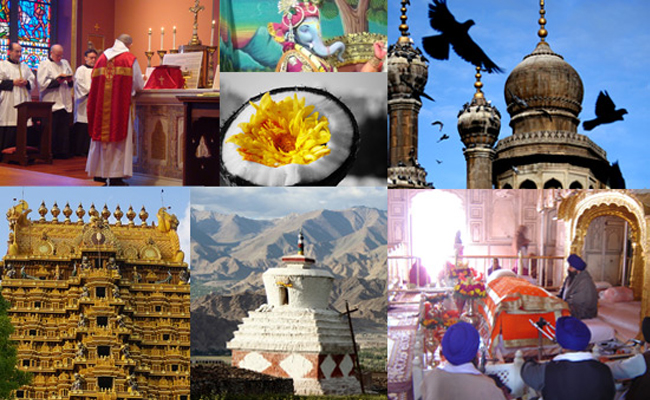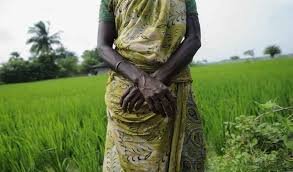Mahabharata is one of the most significant epics in Hindu mythology. This epic has an enormous impact on Indian culture, literature, and philosophy. The Mahabharata tells the story of the Kurukshetra war, which was fought between the Pandavas and the Kauravas. The epic is vast and complex, covering a wide range of subjects such as ethics, politics, philosophy, and spirituality. In this article, we will explore the Mahabharata and its various aspects.
Origins and significance:
The Mahabharata is believed to have been composed by the sage Vyasa around 400 BCE to 400 CE. The epic was initially transmitted orally and later written down in Sanskrit. The Mahabharata is not just a historical document but a spiritual and cultural text that provides insights into the Hindu worldview. It is considered one of the pillars of Hinduism and a source of inspiration for many scholars and thinkers.
The story of Mahabharata:
The Mahabharata tells the story of two branches of the Kuru dynasty, the Pandavas, and the Kauravas. The Kuru dynasty was a powerful kingdom in ancient India, and the story begins with the birth of the two sets of cousins. The Pandavas were born to Kunti, the wife of King Pandu, while the Kauravas were born to Gandhari, the wife of King Dhritarashtra, who was Pandu’s elder brother.
The epic follows the story of the rivalry between the Pandavas and the Kauravas, which ultimately leads to the Kurukshetra war. The Pandavas, who were five brothers, were denied their rightful share of the kingdom by the Kauravas, who were a hundred brothers. The Kauravas plotted against the Pandavas, who were exiled to the forest for thirteen years. During this time, the Pandavas faced many trials and tribulations, including an encounter with the demon Bakasura and the sage Durvasa.
After completing their exile, the Pandavas returned to the kingdom to claim their rightful share. However, the Kauravas refused to give them their share, leading to the Kurukshetra war. The war was fought for eighteen days and resulted in the death of many warriors, including Bhishma, Drona, and Karna. In the end, the Pandavas emerged victorious, and Yudhishthira, the eldest of the five brothers, became the king.
The themes of Mahabharata:
The Mahabharata explores a wide range of themes, including duty, dharma, karma, and the nature of reality. The epic also contains many philosophical and spiritual teachings, such as the concept of the atman, or the self, and the importance of detachment. The Mahabharata also presents a complex portrayal of human nature, with characters who are both heroic and flawed.
Conclusion:
The Mahabharata is a rich and complex epic that has been a source of inspiration and guidance for many generations. It has had a profound impact on Indian culture and continues to be a significant text in Hinduism. The Mahabharata is not just a historical document but a spiritual and cultural text that provides insights into the Hindu worldview. It is a timeless epic that continues to be relevant to this day.
![]()





